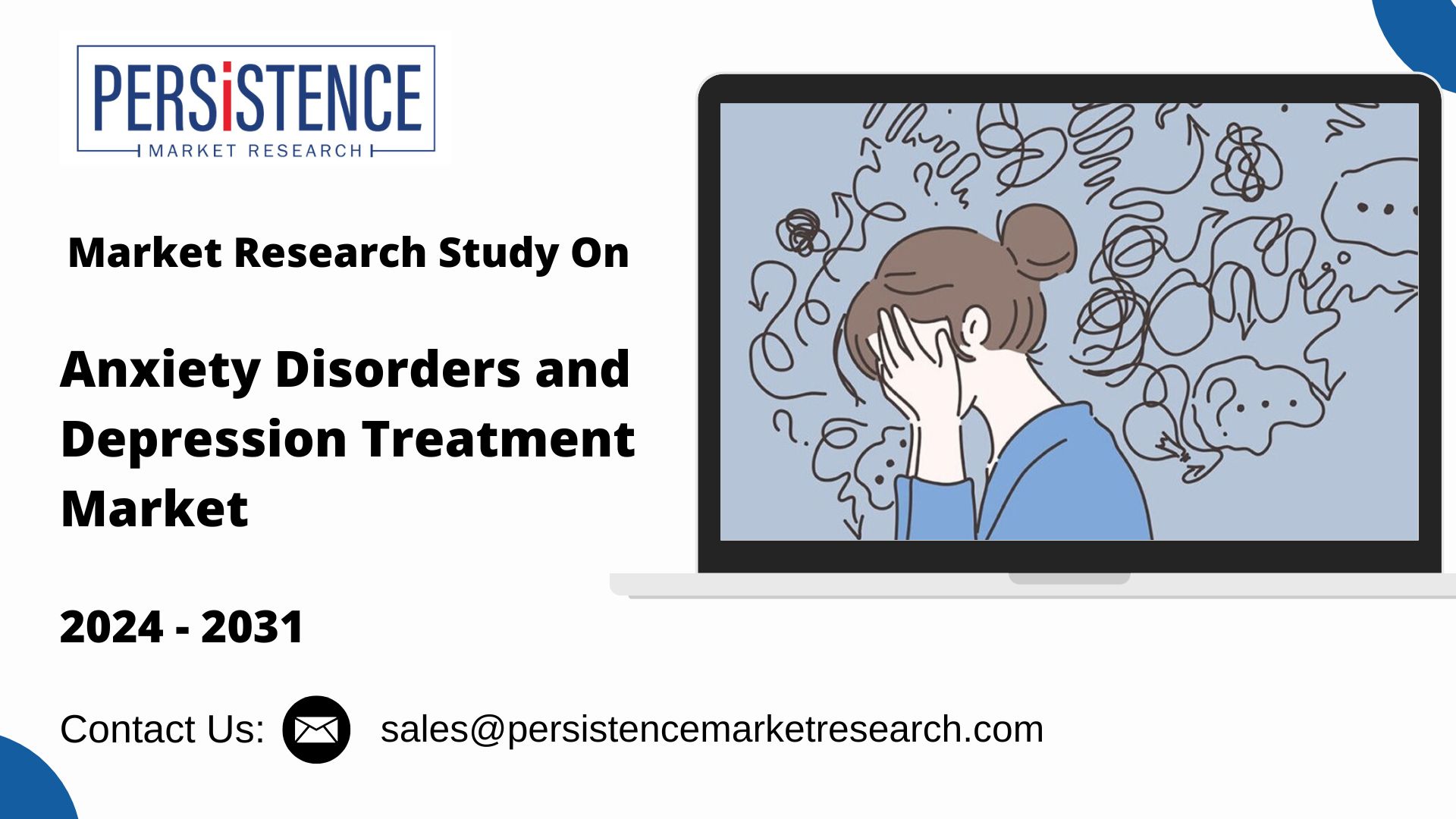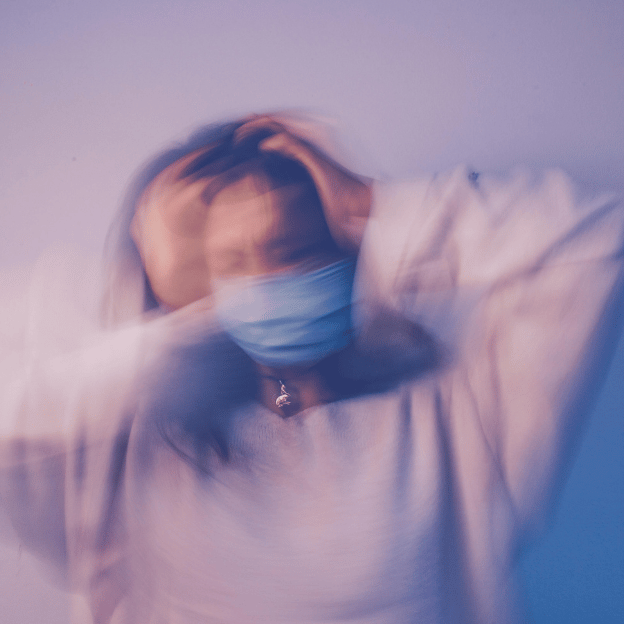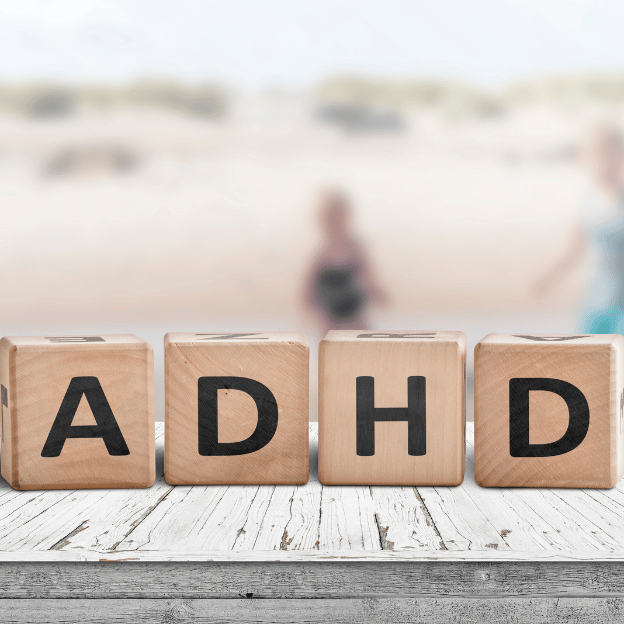Antidepressant Medications Choosing the Best Option for Depression

Strong 8k brings an ultra-HD IPTV experience to your living room and your pocket.
Depression affects millions of individuals globally, presenting a wide range of emotional and physical symptoms. For many, treatment options include therapy, lifestyle changes, and medication.
Among these, antidepressant medications can be particularly effective in alleviating moderate to severe depression. However, given the diversity of anxiety disorders and depression treatment market available, selecting the right medication can be challenging.
Choosing the best antidepressant involves understanding the different types available, their mechanisms, potential side effects, and how they align with individual needs. This guide provides an overview of antidepressant medications, helping you navigate your treatment options.
How Antidepressants Work
Antidepressants primarily function by altering the levels of neurotransmitters in the brain, particularly serotonin, norepinephrine, and dopamine, which play a crucial role in regulating mood, emotions, and mental clarity. While antidepressants do not offer an immediate cure for depression, they help manage symptoms over time, often improving mood, energy levels, and overall well-being.
Types of Antidepressants
There are several classes of antidepressants, each working differently in the brain. The effectiveness and side effects vary from one individual to another, so understanding these classes can help in making an informed choice.
1. Selective Serotonin Reuptake Inhibitors (SSRIs)
SSRIs are one of the most commonly prescribed antidepressants due to their effectiveness and relatively lower side effect profile. They increase serotonin levels in the brain, which helps improve mood and reduce feelings of anxiety.
Common SSRIs:
Fluoxetine (Prozac)
Sertraline (Zoloft)
Citalopram (Celexa)
Escitalopram (Lexapro)
Paroxetine (Paxil)
Benefits of SSRIs:
Typically well-tolerated with fewer side effects.
Safe for long-term use and generally the first-line treatment for depression and anxiety.
Common Side Effects:
Nausea, headaches, insomnia.
Sexual dysfunction (lowered libido, difficulty achieving orgasm).
Weight gain in some individuals.
2. Serotonin-Norepinephrine Reuptake Inhibitors (SNRIs)
SNRIs increase both serotonin and norepinephrine levels, making them a suitable option for individuals who do not respond to SSRIs or experience physical symptoms like chronic pain alongside depression.
Common SNRIs:
Venlafaxine (Effexor)
Duloxetine (Cymbalta)
Desvenlafaxine (Pristiq)
Benefits of SNRIs:
Effective for treating depression, anxiety, and chronic pain conditions like fibromyalgia.
Common Side Effects:
Increased blood pressure at higher doses.
Dry mouth, dizziness, and sweating.
3. Atypical Antidepressants
Atypical antidepressants work differently from SSRIs and SNRIs and can be useful for individuals who experience side effects from other antidepressants or who have specific symptoms that these medications address.
Common Atypical Antidepressants:
Bupropion (Wellbutrin): Increases dopamine and norepinephrine. It is known for causing fewer sexual side effects and is also used for smoking cessation.
Mirtazapine (Remeron): Increases serotonin and norepinephrine, often prescribed for depression with insomnia or appetite loss.
Trazodone: Often used as a sleep aid alongside its antidepressant effects.
Benefits of Atypical Antidepressants:
Bupropion can improve energy and focus without causing weight gain.
Mirtazapine helps with insomnia and increases appetite.
Common Side Effects:
Bupropion: Restlessness, headaches, potential weight loss.
Mirtazapine: Weight gain, sedation.
4. Tricyclic Antidepressants (TCAs)
Tricyclic antidepressants are an older class of antidepressants but are still used when other medications fail. They work by blocking the reabsorption of serotonin and norepinephrine. However, TCAs often have more severe side effects.
Common TCAs:
Amitriptyline
Imipramine
Nortriptyline
Benefits of TCAs:
Effective for treatment-resistant depression and certain types of chronic pain.
Common Side Effects:
Sedation, weight gain, dry mouth.
Higher risk of toxicity in overdose, making them less safe for individuals at risk of self-harm.
5. Monoamine Oxidase Inhibitors (MAOIs)
MAOIs are among the oldest antidepressants and are less frequently prescribed due to their potential for serious side effects and dietary restrictions. They are typically reserved for individuals with treatment-resistant depression.
Common MAOIs:
Phenelzine (Nardil)
Tranylcypromine (Parnate)
Benefits of MAOIs:
Effective for atypical or treatment-resistant depression.
Common Side Effects:
Dangerous interactions with certain foods and medications (such as aged cheeses or certain cold medications).
Dizziness, insomnia, and weight gain.
6. Augmentation Therapies
If a single antidepressant is not effective, healthcare providers may use augmentation therapies, where additional medications are prescribed alongside antidepressants to boost their efficacy. Common augmentation options include:
Lithium: Often used for individuals with bipolar disorder but also for treatment-resistant depression.
Antipsychotics: Medications such as aripiprazole (Abilify) or quetiapine (Seroquel) may be added for treatment-resistant depression.
Factors to Consider When Choosing an Antidepressant
Selecting the best antidepressant depends on several factors, including your symptoms, potential side effects, and medical history. It’s important to work closely with your healthcare provider to determine the most suitable option.
1. Specific Symptoms
Certain antidepressants may be more effective for specific symptoms. For example, bupropion may be better for individuals experiencing low energy, while mirtazapine can help with insomnia.
2. Side Effects
Consider the side effects you are willing to tolerate. For example, SSRIs are generally well-tolerated but can cause sexual dysfunction, while bupropion is less likely to cause this but may lead to anxiety or insomnia.
3. Other Medical Conditions
Your overall health and any coexisting medical conditions can influence the choice of antidepressant. For example, individuals with chronic pain conditions may benefit from SNRIs like duloxetine, while those with a history of substance abuse may want to avoid benzodiazepines or sedative antidepressants.
4. Previous Response to Medication
If you’ve taken antidepressants in the past, your response to those medications can help guide future treatment choices. Additionally, family history of depression and response to medications may provide valuable insights.
5. Drug Interactions
It’s essential to consider potential interactions between antidepressants and other medications you are taking, such as medications for high blood pressure, diabetes, or other chronic conditions.
6. Lifestyle Considerations
Certain antidepressants require dietary restrictions or have more severe side effects that may interfere with your lifestyle. For example, MAOIs require strict dietary monitoring, while SSRIs may have more manageable side effects for long-term use.
Working with Your Healthcare Provider
Choosing the best antidepressant is often a process of trial and error. It may take several weeks or even months to find the right medication and dosage. Regular follow-ups with your healthcare provider are essential to assess how well the treatment is working and whether adjustments are necessary.
Important Steps:
Start with the first-line treatments: SSRIs or SNRIs are typically recommended first.
Monitor side effects: Report any side effects, especially severe or intolerable ones, to your provider.
Be patient: It can take several weeks for antidepressants to reach their full effect.
Conclusion
Antidepressant medications can be a key part of managing depression, helping to alleviate symptoms and improve quality of life. However, choosing the best option requires careful consideration of various factors, including symptoms, potential side effects, and individual medical needs. By working closely with your healthcare provider, you can find the most suitable antidepressant and begin your journey toward better mental health. With the right approach, antidepressants can significantly enhance your ability to cope with depression and regain control of your life.
Note: IndiBlogHub features both user-submitted and editorial content. We do not verify third-party contributions. Read our Disclaimer and Privacy Policyfor details.







